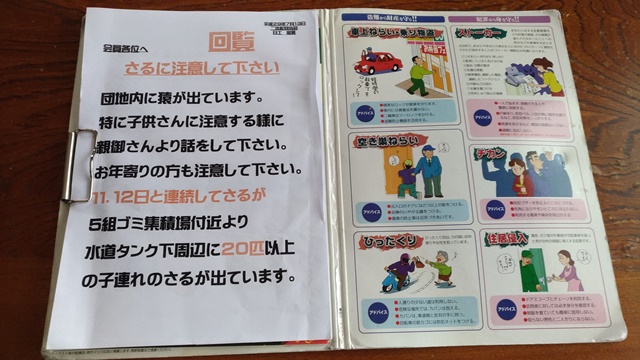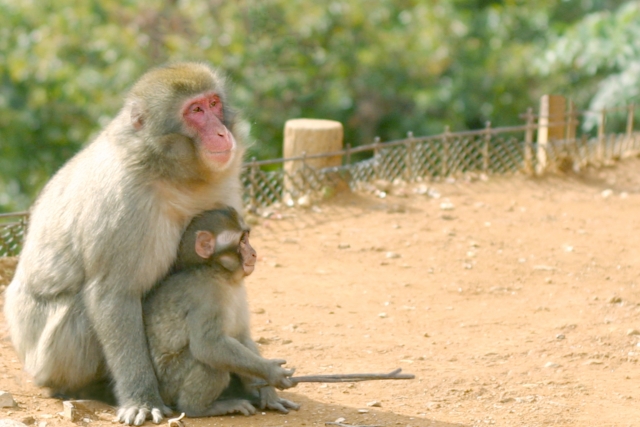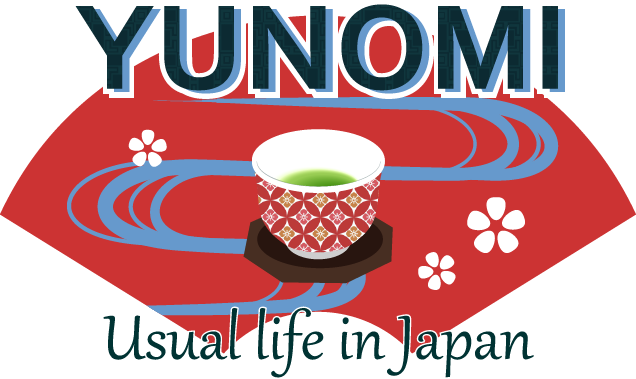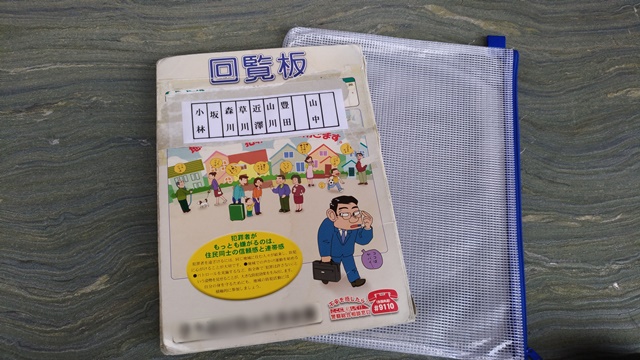Did you know that many Japanese neighborhoods still use a paper board to share news?
It’s called Kairan-ban, and instead of email or group chats, it literally gets passed from house to house.
From festival announcements to warnings about wild monkeys, this old-school system shows how Japanese communities stay connected in their own unique way.
A Paper-Based System Still Alive in Modern Japan

Even in today’s digital age of smartphones and instant messaging, one analogue communication tool is still widely used in Japanese neighborhoods.
It is called “Kairan-ban” (literally, “circulation board”).
The Kairan-ban is a clipboard or folder that circulates from house to house within a community.
Inside are notices and announcements relevant only to local residents, such as:
-
Community clean-up schedules
-
Summer festival or disaster drill announcements
-
Donation requests or fundraising events
-
Crime alerts or wildlife warnings
How It Works

When the Kairan-ban arrives at your house, you open it, read the information, and then quickly pass it on to the next household.
The order of circulation usually follows the arrangement of houses on the street: it comes from your next-door neighbor, and you pass it to the other side.
Because the information must stay fresh, each group is kept small so the Kairan-ban can make the full round in a short time.
Connection to the “Chonai-kai”

The Kairan-ban is closely linked to the Chonai-kai, or neighborhood association.
A Chonai-kai is a local community group based on the official address area.
Members are expected to know each other, support one another, and join local activities.
The association is managed by volunteer committee members, elected annually, who hold regular meetings to discuss local issues.
Based on these meetings, the Kairan-ban is prepared and circulated so that all residents are informed.
Stamps and Signatures: Proof of Reading

To ensure that no one misses the information, a sheet is attached where each household must stamp their Inkan (personal seal) or sign their name.
This way, the committee can confirm that the notice has reached everyone in the group.
It is a simple but effective method of accountability.
A Real Example
Here is an actual type of notice that might appear:

“Be Careful of Monkeys”
A monkey was seen in the neighborhood.
Please tell your children about the danger.
Elderly people also need attention.
More than 20 monkeys have been found around the water tank.
Japanese monkeys are very ferocious and aggressive.
Such warnings are highly local and time-sensitive—exactly the kind of information that the Kairan-ban was designed to share.
Why It Still Matters Today
You might wonder, why not just use email or LINE groups?
The answer is: not everyone is online, especially elderly residents.
The Kairan-ban continues to serve important roles:
-
Reaching all households, including those without smartphones
-
Guaranteeing delivery with a signature or seal
-
Creating natural contact among neighbors
In other words, it is not just about information—it helps maintain trust and connection in the community.
Conclusion
The Kairan-ban is more than a simple piece of paper.
It represents a uniquely Japanese way of keeping neighbors connected, informed, and responsible.
While it may seem old-fashioned, it is still an essential cultural practice that supports daily life in Japanese towns and cities.
ive.

